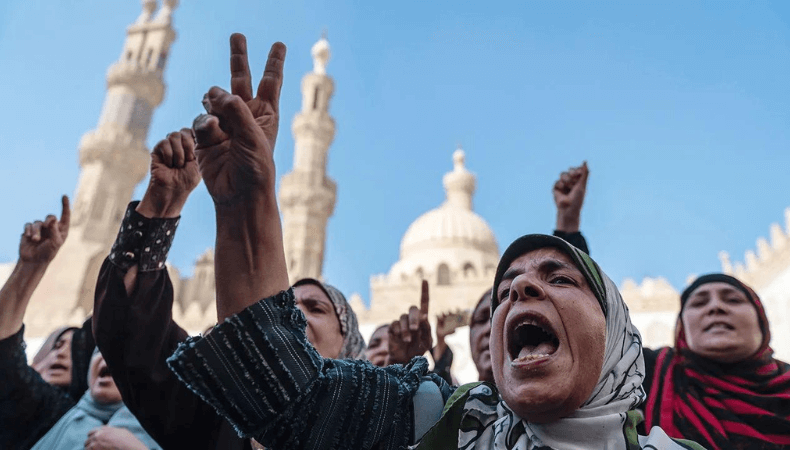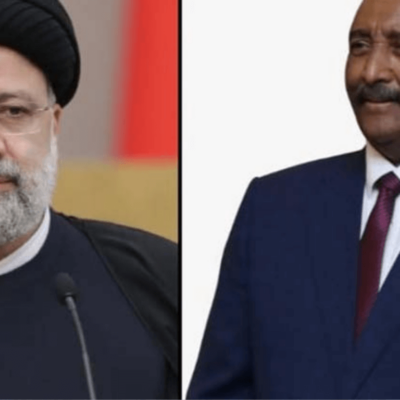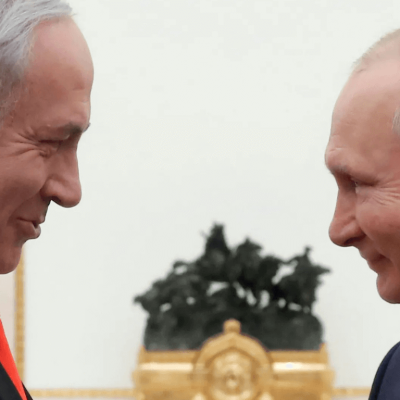Understanding the Complex Dynamics: Islamist Resurgence in the Middle East Amidst Anti-Israel Sentiment

The Middle East, a region steeped in historical and geopolitical complexities, is witnessing a resurgence of Islamist groups, with fears exacerbated by the recent events surrounding the Gaza War. We delve into the multifaceted factors contributing to this resurgence and its implications for regional stability.
The Political Vacuum: Extremism Filling the Void
As a former U.S. ambassador to Israel and Egypt astutely observes, the convergence of multiple wars in the Middle East was almost inevitable. A dearth of viable political ideas and ideologies created a political vacuum, compelling extremist movements to emerge as seemingly more legitimate alternatives to the secular non-Islamic states in the region. This resurgence is particularly pronounced in “failed states” with bleak economic prospects, where Iranian-proxy groups have seized opportunities in Yemen and Lebanon, while the Islamic State has found footholds in Syria.
Depoliticization of Islam in Developed Countries
Contrastingly, in more developed countries like Saudi Arabia, and Egypt, there has been a noticeable depoliticization of Islam. Citizens in these nations have increasingly rejected political Islam in the face of globalization. However, recent events, specifically Israel’s bombardment of Gaza, have prompted concerns among Middle Eastern rulers about a potential resurgence of Islamist sentiments. Analysts, including those from Chatham House, warn that the Gaza War could act as the “kiss of life” for groups like the Muslim Brotherhood, raising the specter of theological politics once again.
Keep Reading
Outdated U.S. Policy and Iran’s Dominance
The dynamics of the Middle East are further complicated by what some argue is an “outdated and out of touch” U.S. policy of unconditionally supporting Israel. According to foreign affairs columnist Simon Tisdall, this policy has inadvertently empowered Iran, positioning it as the dominant force in the region. The failure to address the decades-long Palestine dispute and the U.S. bombing of Houthi bases have strengthened Tehran’s influence. Tisdall suggests that the U.S. should reconsider its approach, focusing on co-opting regional allies instead of attempting to extinguish local conflicts.
Tehran’s Regional Influence: A Common Factor
As tensions rise, it becomes evident that Iran plays a central role in the region’s conflicts. The influence of Tehran extends through proxy militias, creating a region-wide resistance narrative against the West and Israel. The ongoing conflicts, including those unrelated to the Gaza War, share a common denominator — Iran. Analysts, such as Haaretz columnist Alon Pinkas, argue for a strategic shift in U.S. policy, emphasizing the need to co-opt regional allies to counterbalance Iran’s expanding influence.
Conclusion: Navigating the Uncertainties
In conclusion, the Middle East finds itself at a crossroads, grappling with the resurgence of Islamist groups fueled by anti-Israel sentiment and the complexities of regional power dynamics. As geopolitical landscapes shift, the need for nuanced and strategic policymaking becomes imperative. The events surrounding the Gaza War serve as a stark reminder that understanding and addressing the root causes of conflict is crucial for fostering stability in this volatile region.






